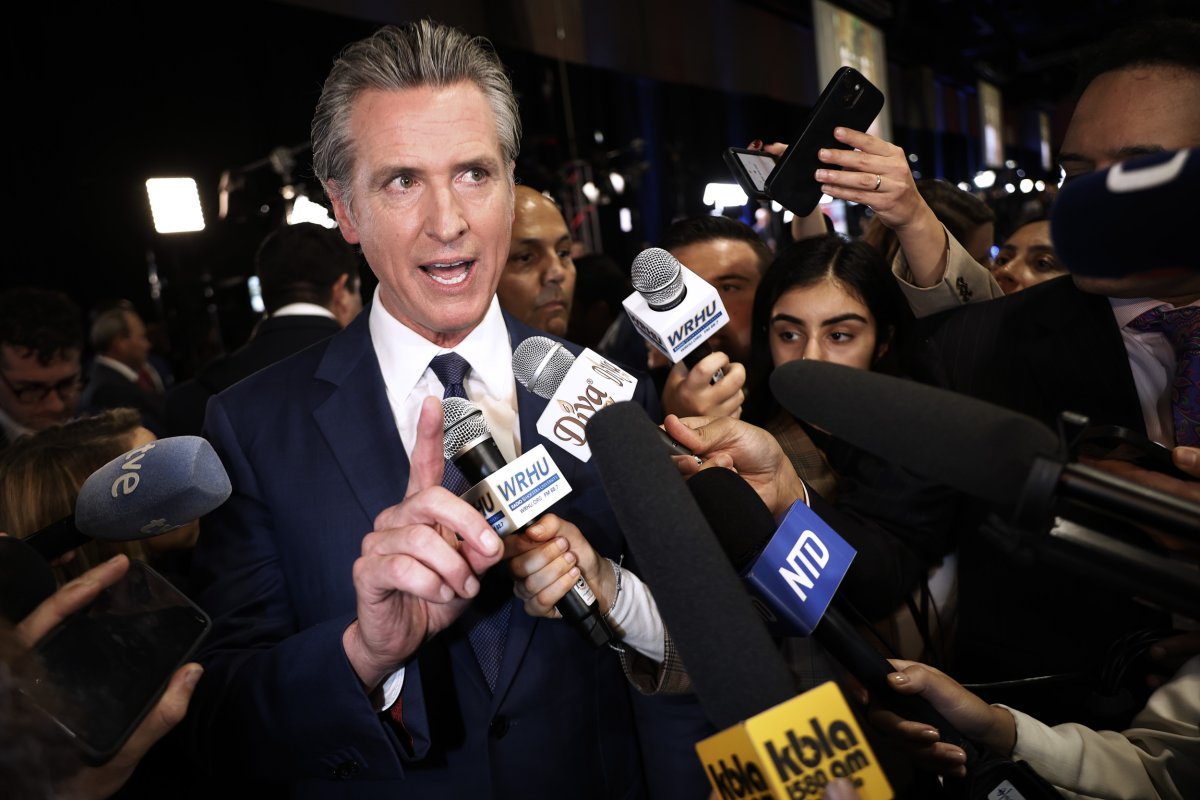
Sense a disconnect? Drinking too much water (or other fluids) should seem an obvious reason for too-frequent bathroom runs. But Anand often needs to point out the link. Defined as urinating more than eight times during the day or more than once at night, frequent urination isn't a medical condition in itself.
But it's believed to be highly common, potentially aff ecting millions of women across the United States — and hindering their everyday movements. "Women will often tell me that they drink two or three of those liter-sized water bottles a day, or walk into clinic with a 20-ounce coff ee, and then they're surprised they pee so much," she says. A host of frequent-urination triggers aren't nearly as evident as fluid overload.

And while not all are due to lifestyle factors, women can often tweak everyday choices to curtail a constant need for a bathroom. Additional contributors Caffeine and alcohol: Drinks containing either of these substances prompt the kidneys to produce urine. Both also act as bladder irritants, increasing the urgency to urinate.
Carbonated drinks: These can also irritate the bladder. Keep in mind that clear seltzer is no better than soda in this regard. "People are trying to be healthier by drinking seltzer, but when you ask about water intake, they count seltzer, and it's not the same thing as pure water," Anand says.
Artificial sweeteners: Whether in foods or drinks, some of these additives are yet another bladder irritant, "which can make you go to the restroom even before your bladder is full," she says. Certain medications: Common bladder bloaters include diuretics, some blood pressure drugs, some antidepressants and benzodiazepines. Pregnancy: The expanding uterus presses on the bladder and reduces how much it can hold.
Aging: Estrogen receptors line the bladder and urethra. Diminishing estrogen levels during perimenopause and beyond can increase urinary frequency and urgency by causing your bladder to feel full sooner. Medical conditions: Uncontrolled diabetes, obstructive sleep apnea, urinary tract infections and some neurological conditions can trigger excess urination.
Anxiety: Feeling anxious can cause muscles around the bladder to contract, provoking the urge to urinate. When to see a doctor If changing what or how much you drink doesn't lower the number of times you urinate each day, consider seeing a doctor. Other telling signs you need a medical evaluation include sudden changes in frequency, pain with urination, occasional incontinence or the feeling you can't empty your bladder completely.
Your doctor can also determine if you have overactive bladder, or OAB, a condition marked by sudden, uncontrolled urges to urinate. OAB is diagnosed only after eliminating other reasons for frequent urination. As many as 40% of women in the United States deal with OAB symptoms .
.










